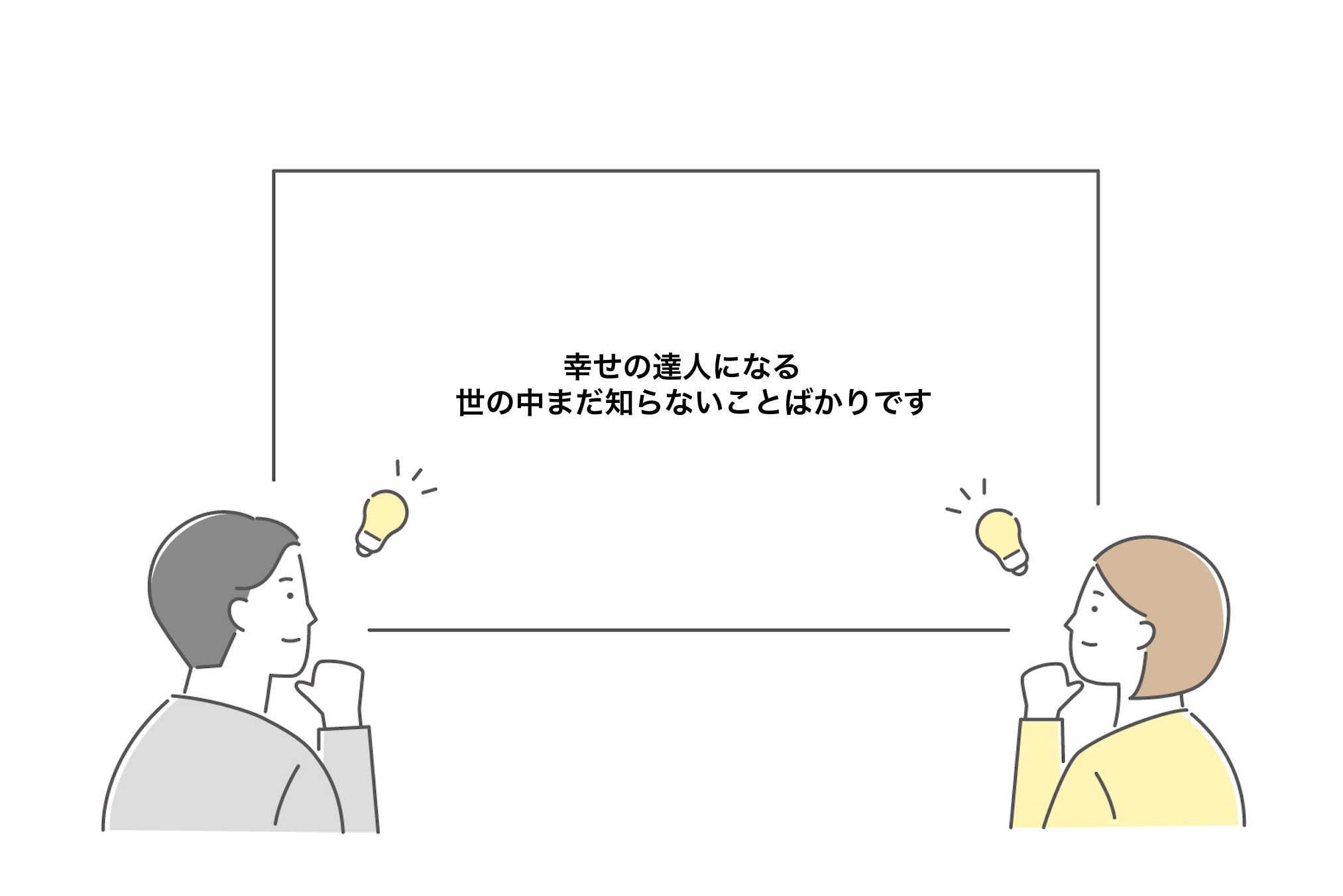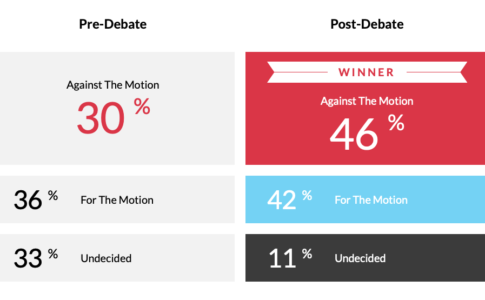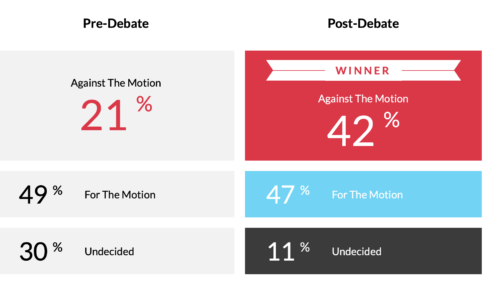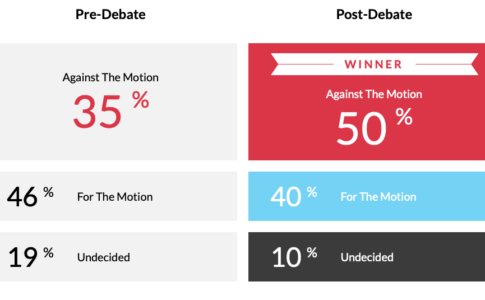英語を勉強している中で、金融英語で良く聞く単語に、monetary policy (マネタリーポリシー)と、fiscal policy (フィシカルポィシー)という言葉があるのですが、いまいちその違いがよく解らなかったので調べてみることにしました。
monetary policyは日本語に訳すと、金融政策。
fiscal policyは、財政政策。
それでは、金融政策と財政政策の違いは何でしょうか。
金融政策は、一般的に国の中央銀行である日本銀行が行う政策なのに対して、財政政策は政府(主に財務省)が行う政策。金融政策では、日本銀行が景気安定や調整のために、金融市場に対して行う政策になり、具体的には、ゼロ金利政策や、量的緩和政策、公開市場操作などが挙げられます。
財政政策では、政府が財政を通じて行う経済政策の一種で、具体的には、公共事業を行うことで国民の雇用拡大や所得増加を図ったり、所得税や法人税などの減税によって消費や企業収益の改善を図る政策などが挙げられます。
金融政策は、日本銀行が主体になり、金融システムの安定化のため、信用秩序維持するための政策。一方で、財政政策は、財務省が主体になり、税制や社会保障を通して、所得再分配、資源配分の効率化を図る政策。そう覚えるとだいぶ分かりやすくなりました。
日々、英語を勉強していると、普段よく耳にするけど、実は良く分かっていないことに遭遇します。日本語だとそのまま聞き流してしまうことも、英語だと単語の意味だけでなくて深堀して調べてみようという気になるので、これも英語の勉強の効能ではないかと思っています。
さあ、今日も知らない単語を調べたり、理解が曖昧だったことを深堀して正い知識をつけていけるように英語の勉強を頑張っていきましょう。
(English)
In my English studies, I often hear the words “monetary policy” and “fiscal policy” in financial English, but I could not quite understand the difference between them, so I decided to look them up.
The Japanese translation of “monetary policy” is “monetary policy.
Fiscal policy refers to fiscal policy.
So what is the difference between monetary policy and fiscal policy?
Monetary policy is generally conducted by the Bank of Japan, the country’s central bank, while fiscal policy is conducted by the government (mainly the Ministry of Finance).
In monetary policy, the Bank of Japan conducts policies toward financial markets to stabilize or adjust the economy, such as a zero-interest-rate policy, quantitative easing policy, and open-market operations.
Fiscal policy is a type of economic policy that the government implements through public finances. Specifically, public works projects are implemented to increase employment and income, and income tax and other taxes are reduced to improve consumption and corporate profits.
Monetary policy is led by the Bank of Japan to maintain credit order in order to stabilize the financial system. Fiscal policy, on the other hand, is led by the Ministry of Finance and aims to redistribute income and improve the efficiency of resource allocation through the tax system and social security. It is much easier to understand when you remember that.
When I study English every day, I encounter things that I usually hear often but actually do not understand well. I think this is one of the benefits of studying English, because I am motivated to dig deeper and look up more than just the meaning of words in English.
So, today, let’s continue to study English hard so that we can look up unfamiliar words and gain correct knowledge by digging deeper into things that were unclear in our understanding.













当たり前のことかもしれませんが、毎日英語を勉強していると知らない単語がいっぱい出てきます。そして普段よく耳にするけど、実は良く分かっていないことにも遭遇します。日本語だと聞き流してしまうことも英語だからちゃんと調べることに。英語の勉強の効能ですね。